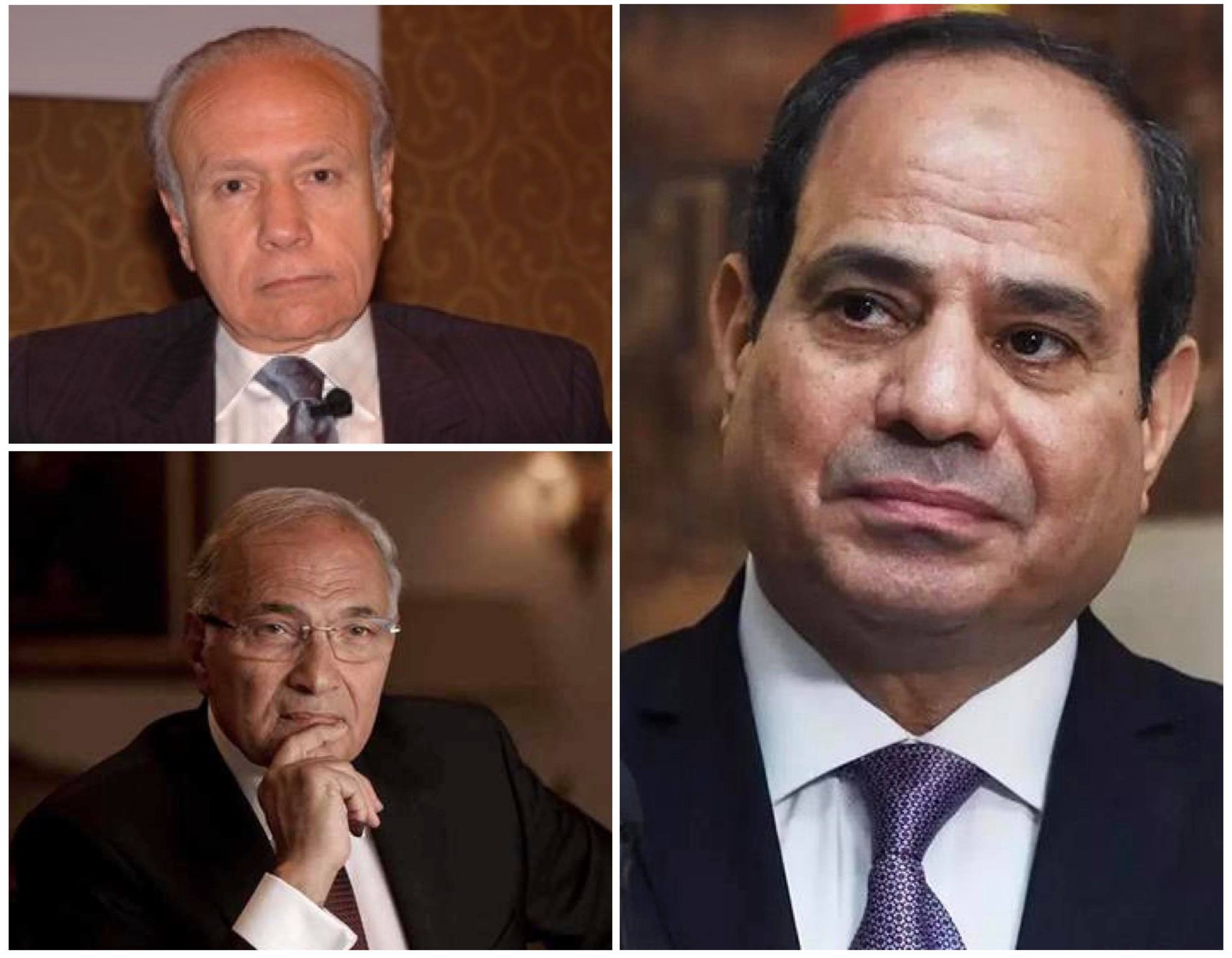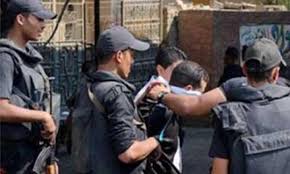The Egyptian Health Minister Hala Zayed said in a TV statement on Sunday that COVID-19 vaccines will not be provided for free to all citizens, as those who can afford to pay should pay for the vaccine, while those who cannot pay should be registered in the Takaful wa Karama programme of social assistance. In response, the Egyptian Initiative for Personal Rights criticised the absence of a scheduled plan for providing the vaccination for all Egyptians, indicating that the official statements of the government are not clear about the number of available doses of different vaccines. “There is no organised and reliable way used to announce the information about the availability of the vaccines,” said EIPR in a press statement issued on Wednesday. “The only available source of information is the statements of the officials of the ministry of health and other governmental officials, and those statements are conflicting.”
For example, the minister of treasury said that 30 million doses of the AstraZeneca vaccine and 20 million doses of the Chinese Sinopharm vaccine were contracted. However, just days later, the minister of health said that the vaccines already contracted on includes 40 million doses of the Sinopharm vaccine and 20 million of AstraZeneca along with other 40 million doses provided by the Global alliance for Vaccines and Immunisation (GAVI).
Moreover, although the minister of health stated that the vaccination is to start this month, the ministry of health did not publish any estimations of the number of people who are expected to be vaccinated this month and the plan of distribution.
EIPR demanded that the government commit to a couple of principles regarding the process of vaccination. Most important is the provision of the vaccine to all citizens considering the priority of medical teams and people who are more vulnerable to catch the infection, and the necessity of achieving equity for the marginalised sections in society.
The demands also included a commitment by the state to provide the vaccine for all citizens for free according to article no. 18 of the Egyptian constitution, which provides that the state must provide the health service for all citizens including vaccination in the state of emergency.
In addition, EIPR demanded the commitment to law 151 of year 2019 concerned with the work of the Egyptian Drugs Authority, which conditions that the companies have to present the results of its clinical trials, including those of the third phase, to the authority to evaluate them.
Who paid for the vaccine?
In a similar vein, Elhamy Elmerghany, the economic expert and member of the political bureau of the Socialist Popular Alliance Party, said that Egyptian people had already paid the cost of the vaccines. He explained that the government had announced the discount of one per cent of the wages in both the public and private sectors and 0.5 per cent of the pensions over the fiscal year 2020/2021.
“The wages are estimated to be 30 per cent of the public budget, which means that they are approximately EGP 2 trillion per year. The pensions are estimated at EGP 250 billion,” Elmerghany wrote in a post on his Facebook. “This means that employees and pensioners paid EGP 21.8 billion to combat COVID-19, while none told us how much the businessmen paid,” he added.
According to Dr. Mohamed Aboul Ghar, the well-known medical professor and politician, Egypt needs to vaccinate 27 million citizens in the first phase. If the cost of the single dose of the vaccine is $4 and each individual needs two doses, this gives us a total cost of $210 million, which equals approximately EGP 3.5 billion. This sum is just 16 per cent of what the employees and pensioners have already paid.
Elmerghany said that the money allocated to combat COVID-19, which al-Sisi said is EGP 100 billion, went almost entirely to the investors in real estates and tourism. “We should know where the rest of the money which we have already paid went,” he said.





Recent Comments